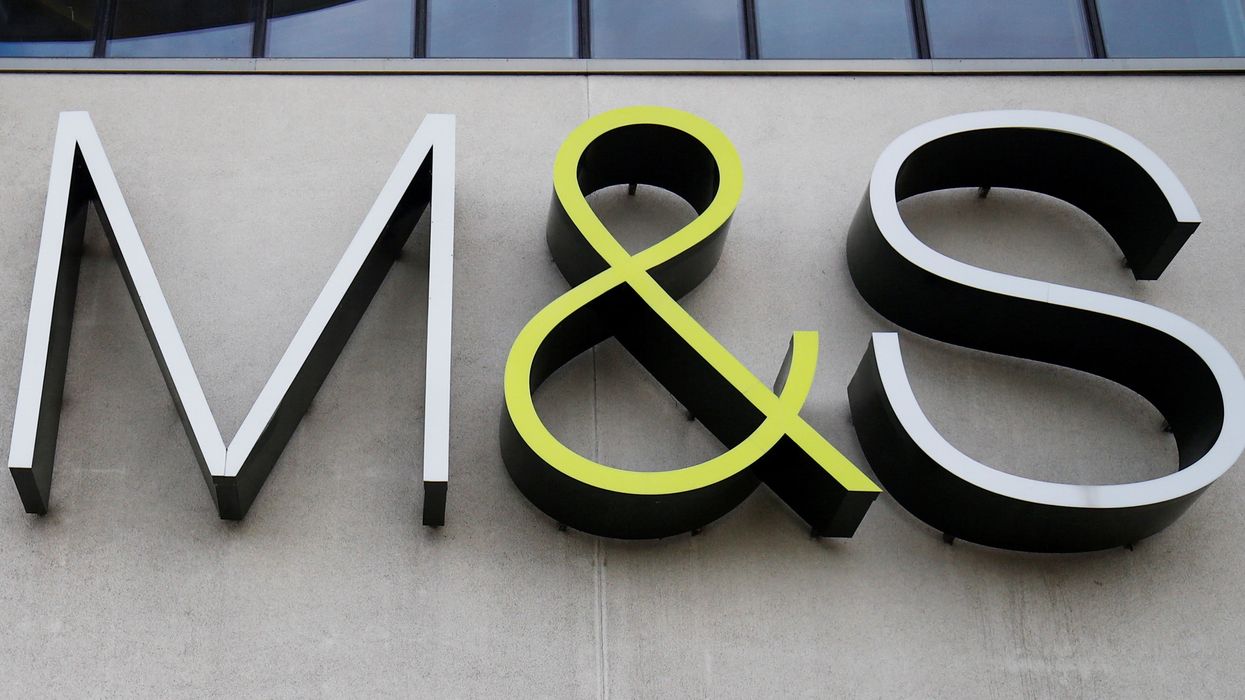MARKS AND SPENCER (M&S) resumed online clothing orders on Tuesday, 46 days after suspending services due to a cyberattack.
Shares in the British retailer rose 3 per cent after it restarted standard home delivery in England, Scotland and Wales for most of its clothing range.
"It's not the full range at the moment, we've focused on best sellers and newness," an M&S spokesperson said. "We'll be bringing product online everyday so customers will see that grow over the coming days."
M&S said delivery to Northern Ireland will resume in the "coming weeks", along with click and collect, next-day delivery, nominated-day delivery and international ordering.
The company had stopped taking clothing and home orders on April 25 through its website and app after technical issues affected contactless payments and click and collect services during the Easter holiday weekend.
M&S had initially disclosed on April 22 that it was managing a "cyber incident".
Last month, the retailer said it expected online disruptions to continue into July and projected the cyberattack would lead to a loss of around 300 million pounds in operating profit in its 2025/26 financial year. It said it hopes to reduce the impact by half through insurance claims and cost controls.
The company said hackers accessed its systems by deceiving employees at a third-party contractor, bypassing its digital defences to carry out the attack.
(With inputs from agencies)





